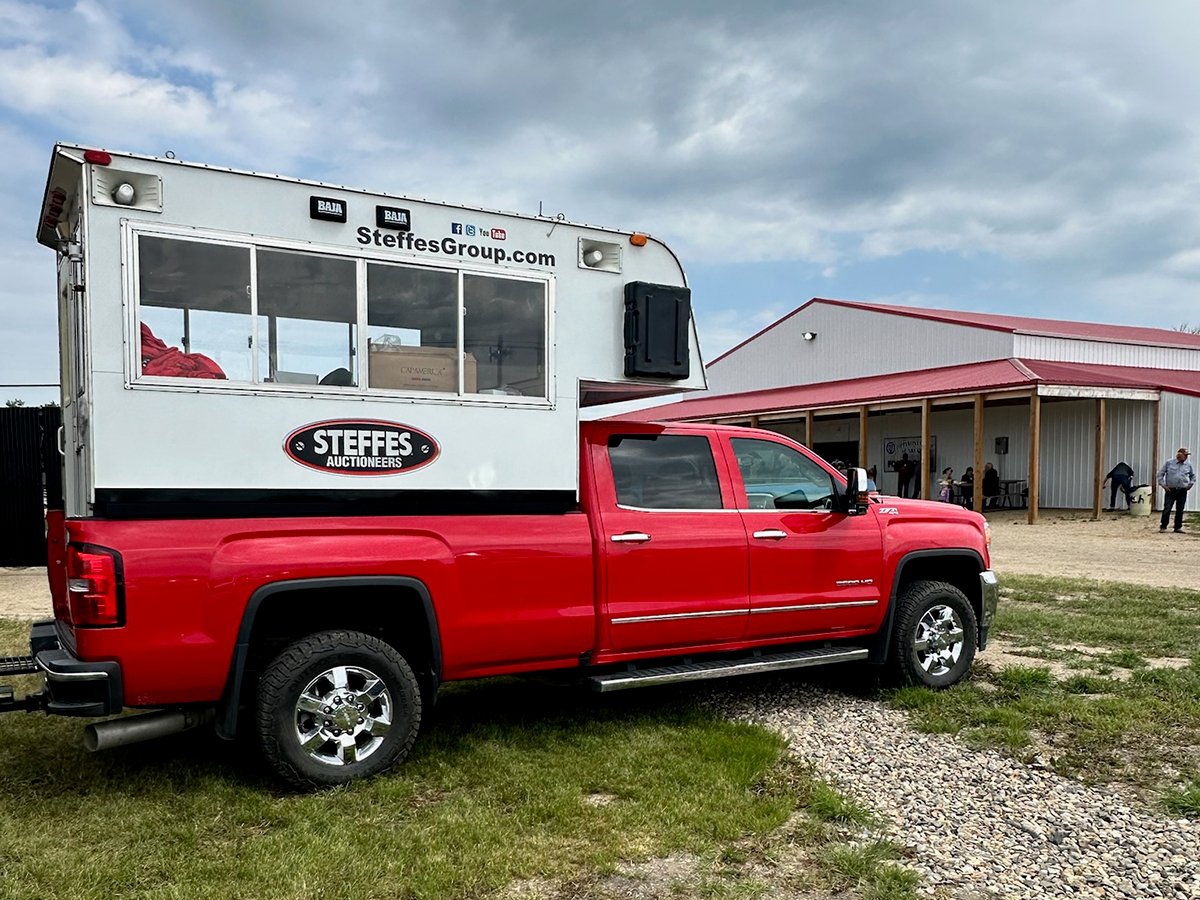Helping person after job loss
Q: A couple who are friends of mine recently both lost their jobs at the same time. How can I be helpful and supportive to them?
A:Two catastrophic, non-fatal or non-life threatening experiences in life are losing a job or losing a home. Much of our identity and a lot of our time and effort are focused on our work, whether it is paid or volunteer work or work focused on our children or home. And losing that part of your life is a major upset.
Read Also

Farm auctions evolve with the times
Times have changed. The number of live, on-farm auctions is seeing a drastic decline in recent years. Today’s younger farmers may actually never experience going to one.
This is particularly so if someone has a regular year-round job. People who work seasonally, such as in construction or tourism, take the adjustment into unemployment in stride. Over time, they develop strategies and tactics that allow them to treat it as just one more day off. Also, even though they may not know exactly how long they are laid off, they know and expect to be called back to work.
It’s quite different to be suddenly let go from a job, particularly if there is little demand for your particular job skills. It’s like falling out of a plane with no parachute.
We spend a lot of time preparing for a job. We are seldom prepared for losing one. Because of this, people who lose jobs have to search out their own ways of coping.
Some withdraw into depression. The world seems painful to them and they don’t want to face it. They may put up a mask to their friends and family that everything is OK. But underneath they hurt. Others react by keeping busy with other things, sometimes so busy they haven’t time for friends, or even themselves. And they keep putting off that task of coming to grips with the lost job.
Some people manage to find something constructive from their job loss. They remind themselves about their skills, abilities and self-worth. They adapt and make the best of a not-so-great situation. They don’t become foolhardy idealists, yet remain realistic optimists.
Others totally deny the loss and the hurt that goes with losing a job. Some men have even coped by leaving the house “for work” on a regular basis, even though there wasn’t any job to go to. They spent that time in the parks, bars or restaurants.
Must adjust spending
A friend of mine had false optimism when he lost his job in Vancouver many years ago. He kept assuming a job was just around the corner, because he got interviews regularly. But because of this, he failed to make necessary changes to his spending patterns and ended up losing his equity in a condo.
How you can help your friends depends a lot on how they are coping. You need to recognize their reaction, reinforce the positive things they are doing, and challenge in a helpful and understanding way any negative things they may be doing.
It would be good for your friends to share their feelings with you, but people often won’t do that spontaneously. You may need to use empathetic comments like, “I can understand someone might feel very frustrated, anxious, concerned, etc. when they’re not sure how long they’ll be unemployed.” But don’t bug them. Just prime the pump and see if conversation starts to flow.
Be practical in your contacts with them. When suggesting activities to do together, think of inexpensive things, such as playing games, hiking, visiting or picnicking. If your friends feel relaxed and not anxious about the cost, they may share feelings which they may otherwise have kept to themselves.
Work at being a supporter, a listener and companion which is what being a friend is all about.














